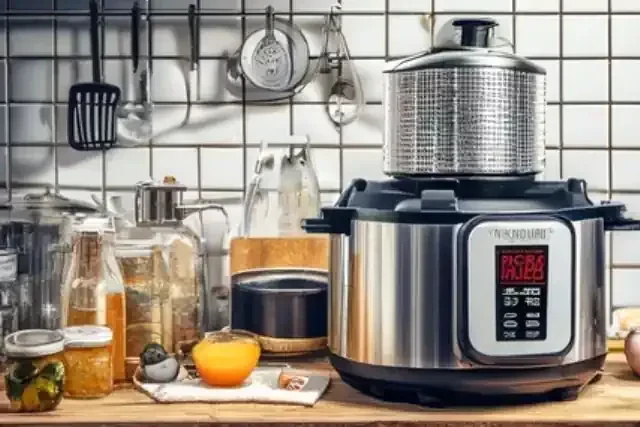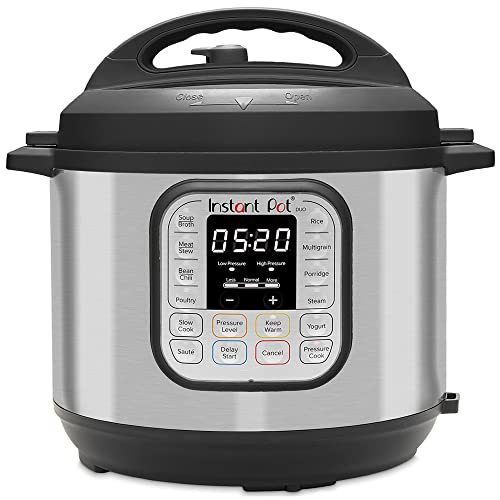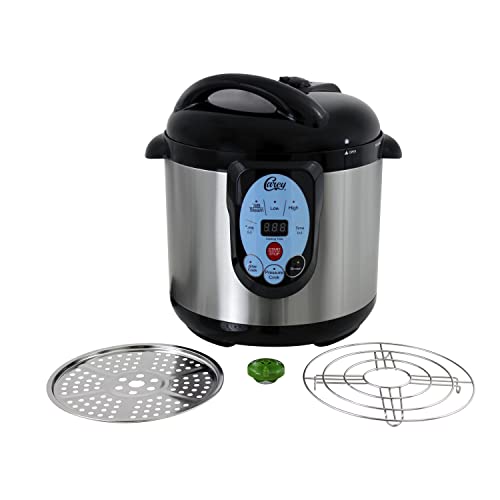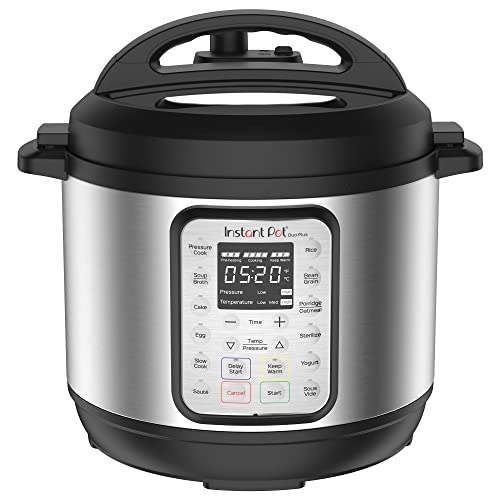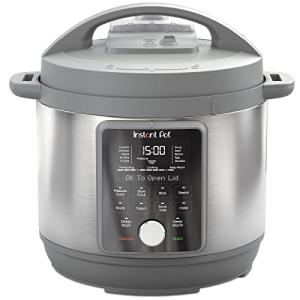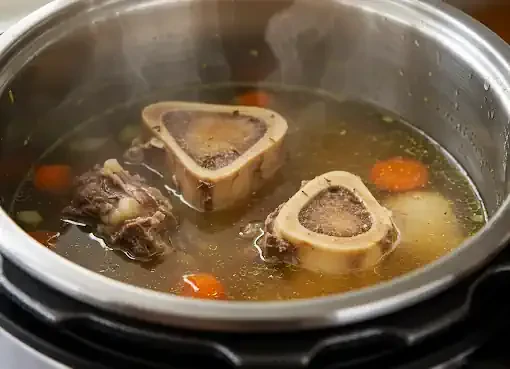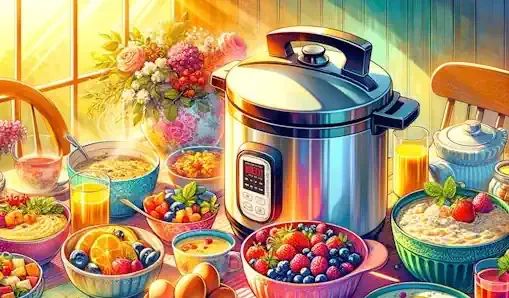The culinary landscape has undergone significant transformations over the centuries, with various inventions dramatically altering how we prepare food. Among these, the pressure cooker stands out as a revolutionary tool that has redefined modern cooking. This article explores the impact of pressure cookers on culinary practices, shedding light on how they have evolved and become indispensable in today’s kitchens.
The Historical Evolution of Pressure Cookers:
Pressure cookers were first introduced in the 17th century by French physicist Denis Papin, who invented a steam digester to reduce cooking time. The early versions were rudimentary and posed safety risks. However, by the mid-20th century, pressure cookers underwent substantial improvements in safety and functionality, leading to their widespread adoption in households.
Time Efficiency:
One of the most significant impacts of pressure cookers is the reduction in cooking time. By using high pressure to raise the boiling point of water, they cook food much faster than traditional methods. This time-saving aspect is particularly valuable in our fast-paced world, where quick meal preparation is a necessity for many.
Nutritional Benefits:
Pressure cooking is not just about speed; it also helps in retaining the nutritional value of food. The shorter cooking time and the sealed environment reduce nutrient loss, making meals healthier. This aspect is crucial in an era where health consciousness is on the rise.
Energy Efficiency:
Pressure cookers are more energy-efficient compared to conventional cooking methods. They require less water and energy to cook food, which not only helps in reducing utility bills but also aligns with the growing awareness of sustainable living.
Versatility and Innovation:
Modern pressure cookers are incredibly versatile, capable of replacing several kitchen appliances. They can be used for boiling, steaming, braising, and even baking. With the advent of electric pressure cookers, like the Instant Pot, this versatility has expanded further, incorporating features such as slow cooking, yogurt making, and sautéing.
Impact on Culinary Practices:
The advent of pressure cookers has expanded culinary horizons, allowing for the exploration of new recipes and techniques. Dishes that traditionally took hours to cook can now be prepared in a fraction of the time, making elaborate meals more accessible to the average home cook.
Cultural Influence:
Pressure cookers have made a notable impact across various cuisines globally. They have become a staple in countries like India, where they are used for daily cooking, demonstrating their adaptability to different culinary traditions.
The Future of Pressure Cooking:
The future of pressure cooking is marked by continuous innovation. Smart pressure cookers, equipped with digital interfaces and programmable functions, are becoming increasingly popular. These advancements are making cooking more intuitive and user-friendly.
The pressure cooker's journey from a rudimentary steam digester to a multifunctional kitchen appliance encapsulates the evolution of cooking itself. As a symbol of culinary innovation, it has not only made cooking faster and more efficient but has also opened doors to healthier and more sustainable living. In the landscape of modern cooking, the pressure cooker stands as a testament to human ingenuity and our ceaseless quest for improvement in everyday life.
In sum, the pressure cooker is more than just a kitchen appliance; it's a culinary revolution in a pot. Its impact on how we cook and eat is undeniable, making it a cornerstone of modern gastronomy. As we continue to embrace fast-paced lifestyles and healthier eating habits, the pressure cooker remains a key player, continually adapting and evolving to meet the changing needs of cooks around the world.
